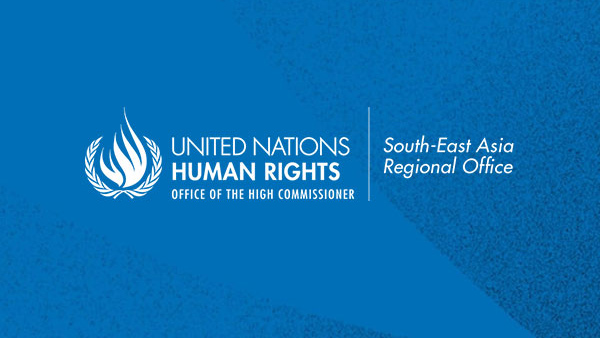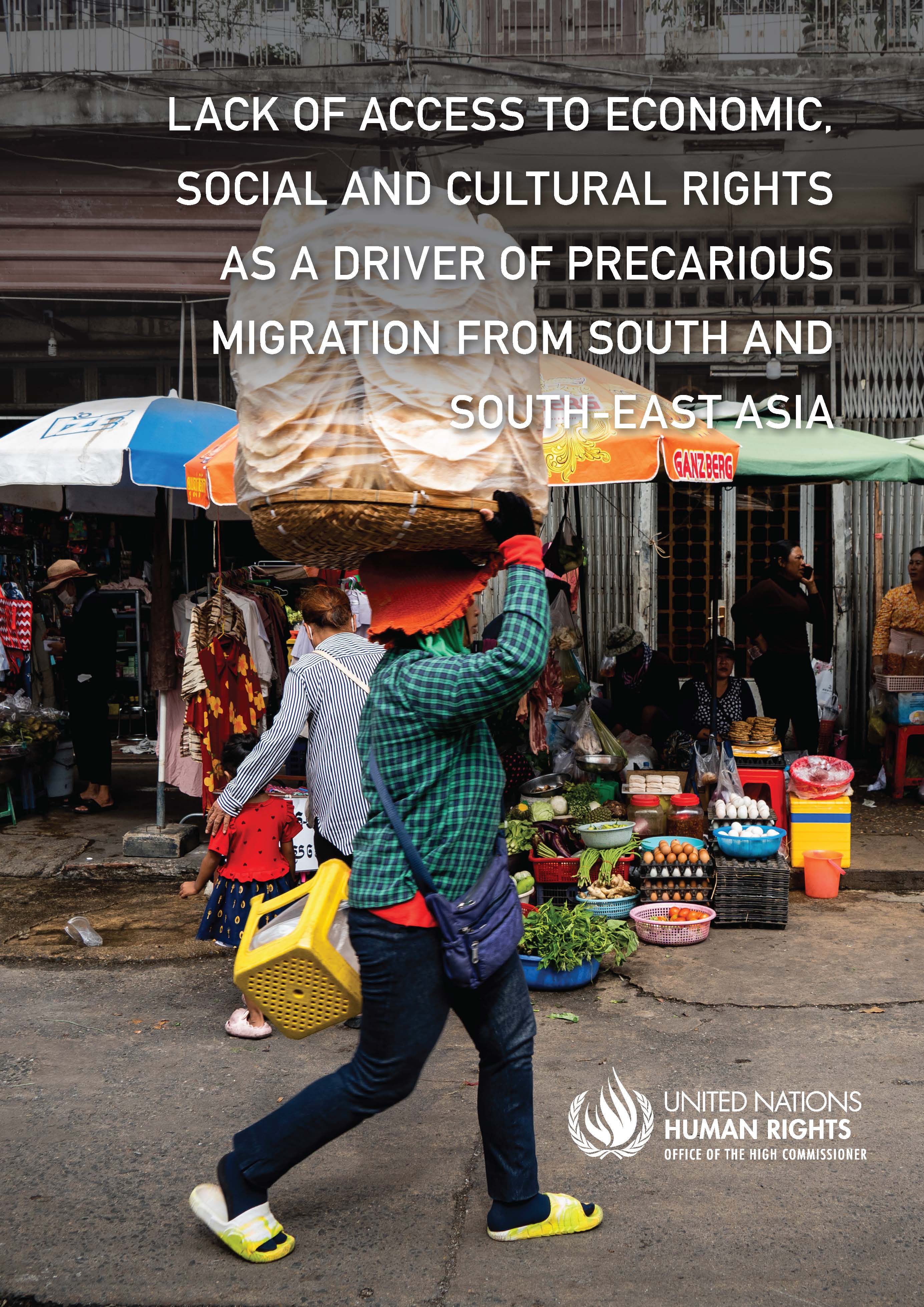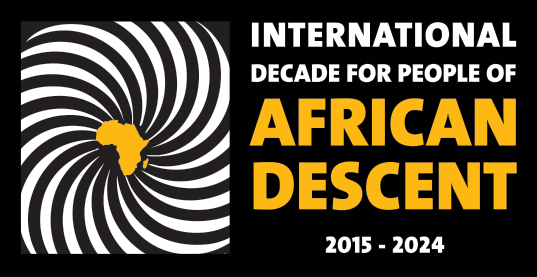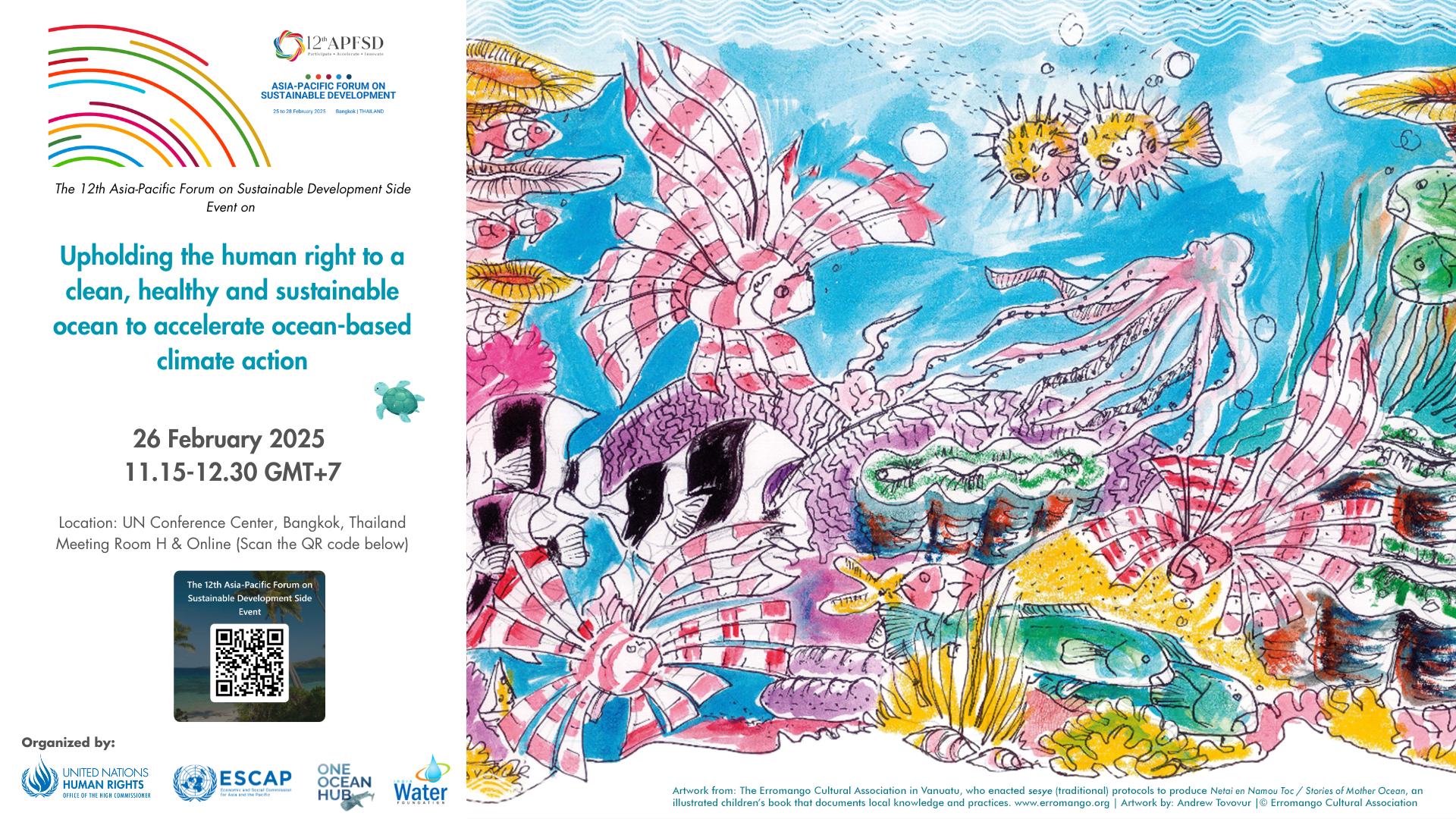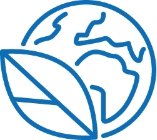Social Media
Through the voice and the work of the High Commissioner and a staff of more than 1,400 in over 70 countries, OHCHR aims to make human rights a reality in the lives of people everywhere.
Events
Right Here, Right Now Global Climate Summit
News
OHCHR in South-East Asia
OHCHR’s Global Priorities

Human rights are rights inherent to all human beings, whatever our nationality, place of residence, sex, national or ethnic origin, colour, religion, language, or any other status. We are all equally entitled to our human rights without discrimination. These rights are all interrelated, interdependent and indivisible.
Universal human rights are often expressed and guaranteed by law, in the forms of treaties, customary international law , general principles and other sources of international law.
International human rights law lays down obligations of Governments to act in certain ways or to refrain from certain acts, in order to promote and protect human rights and fundamental freedoms of individuals or groups.



